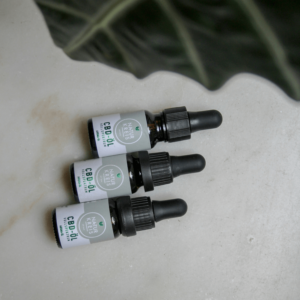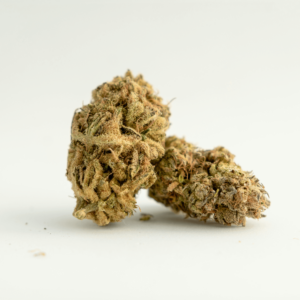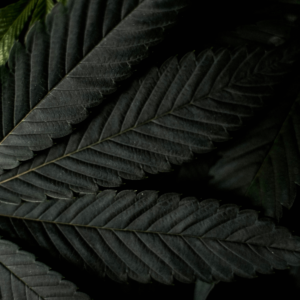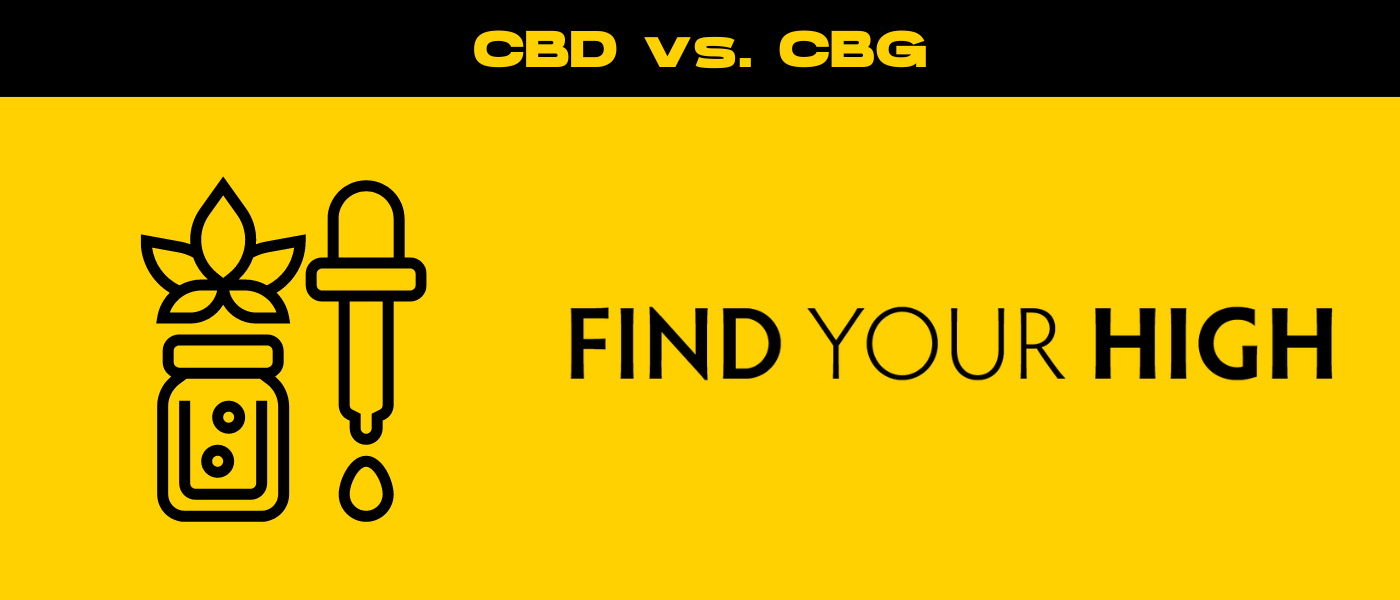When it comes to cannabinoids, most people are familiar with CBD (Cannabidiol), but the minor cannabinoid CBG (Cannabigerol) is quickly gaining attention for its unique potential. If you’re wondering what sets these two apart, you’re not alone. Both cannabinoids are derived from the cannabis plant and have their own distinct effects and benefits. But in the battle between CBG vs CBG, which one is right for you?
In this blog, we’ll explore the key differences between CBD and CBG, the benefits they offer, how they interact with your body, and which one might be best suited for your needs. Whether you’re looking for relief from pain, stress, or a specific health condition, understanding CBD vs. CBG is essential to making an informed choice.

What is CBD?
CBD (Cannabidiol) is one of the most widely researched cannabinoids found in cannabis. Unlike its more famous cousin THC, CBD is non-psychoactive, meaning it doesn’t get you “high.” This makes it a popular choice for individuals seeking therapeutic benefits without the intoxicating effects of marijuana.
CBD is derived from the hemp plant (a cannabis strain that contains less than 0.3% THC, making it legal in many areas). It has garnered attention for its potential to support overall wellness, particularly in areas like pain relief, anxiety management, and sleep improvement.
Key Benefits of CBD:
- Anxiety Relief: CBD may help manage anxiety by interacting with serotonin cannabinoid receptors in the brain, leading to a calming effect.
- Pain Reduction: CBD has anti-inflammatory properties, making it an effective option for managing chronic pain and conditions like arthritis.
- Neuroprotective: CBD may help protect the brain and nervous system from damage and support cognitive function.
What is CBG?
CBG, or Cannabigerol, is often referred to as the “mother of all cannabinoids” because it is the precursor to other cannabinoids like CBD and THC. While CBD and THC are more abundant in cannabis, CBG is present in smaller amounts—typically only around 1% of the plant’s total cannabinoid content.
Although CBG is less studied than CBD, research is starting to reveal its potential therapeutic effects. Like CBD, CBG is non-psychoactive, meaning it doesn’t cause a “high.” However, its benefits are beginning to make it an exciting addition to the cannabinoid family.
Key Benefits of CBG:
- Gut Health: CBG may help reduce symptoms of irritable bowel syndrome (IBS) and other digestive issues.
- Neuroprotective: Similar to CBD, CBG may promote brain health and help protect against neurodegenerative diseases like Alzheimer’s.
- Antibacterial Properties: CBG has shown promise as an antibacterial agent, particularly against drug-resistant strains of bacteria.
Key Differences Between CBD and CBG
While both CBG and CBD come from the cannabis plant and share several similarities, they have distinct differences that set them apart.
Chemical Structure
- CBD and CBG have different chemical structures, which means they interact with the body’s endocannabinoid system (ECS) in unique ways.
- CBG is considered the “precursor” to cannabinoids like CBD and THC, while CBD does not have this role in the cannabis plant.
Concentration in the Plant
- CBD is found in higher concentrations in cannabis, especially in hemp plants.
- CBG is typically less abundant, making it harder and more expensive to extract from cannabis plants.
Effect on the Body
- CBD is known for its calming and soothing effects, especially for reducing anxiety, pain, and inflammation.
- CBG, while also anti-inflammatory, has additional potential benefits for gut health and might be more effective in promoting focus and mental clarity.
Psychoactive Effects
- Both CBD and CBG are non-psychoactive, meaning they won’t produce a “high” like THC does. However, the way they influence mental clarity and mood can vary.

Potential Benefits of CBD
CBD has been studied more extensively than CBG, and its potential benefits are well-documented. Many people turn to CBD for its ability to enhance wellness, manage chronic pain, or even alleviate anxiety. Here are some of the top uses of CBD:
1. Anxiety and Stress Relief
CBD interacts with serotonin receptors in the brain, which may help to reduce anxiety and create a sense of calm. Many people with anxiety disorders report feeling more relaxed after using CBD.
2. Pain and Inflammation
CBD has powerful anti-inflammatory properties, which make it an attractive option for individuals managing chronic pain. Conditions like arthritis, fibromyalgia, and general inflammation can be alleviated with regular CBD use.
3. Sleep Support
Many people use CBD to improve their sleep quality. By promoting relaxation and reducing stress, CBD can help you fall asleep faster and stay asleep longer.

Potential Benefits of CBG
While CBG has not been studied as extensively as CBD, emerging research suggests it could offer some exciting therapeutic benefits. Here are a few:
1. Anti-Inflammatory and Pain Relief
Like CBD, CBG has anti-inflammatory properties. It may also offer additional benefits for people dealing with digestive issues, particularly inflammatory bowel diseases (IBD) like Crohn’s disease and ulcerative colitis.
2. Neuroprotective Effects
CBG has shown potential in neuroprotection, especially in preventing the degeneration of brain cells. This makes it a promising cannabinoid for managing conditions like Alzheimer’s and Parkinson’s disease.
3. Bacterial Resistance
CBG has demonstrated effectiveness against drug-resistant bacteria. This antimicrobial property may help in the treatment of infections that don’t respond to traditional antibiotics.
CBD vs. CBG for Specific Health Conditions
When choosing between CBD and CBG, it’s important to consider what you’re hoping to treat. Both cannabinoids offer a range of therapeutic benefits, but they may be better suited to different conditions.
Chronic Pain
- CBD is more commonly used for pain relief, especially in conditions like arthritis and muscle pain.
- CBG may also be effective for pain, particularly if it’s related to inflammation in the gut.
Anxiety and Depression
- CBD is more widely studied and used for reducing anxiety and promoting a sense of calm.
- CBG may provide mood-enhancing effects, but it is less commonly used for anxiety specifically.
Skin Health
- Both cannabinoids may be helpful in treating acne and eczema, thanks to their anti-inflammatory properties.
- CBD, particularly CBD oil, is often used for its ability to balance skin oils and soothe irritated skin.
How Do CBD and CBG Work Together?
Although CBD and CBG have different properties, they can work together synergistically to produce enhanced effects. This phenomenon is called the entourage effect. When combined, CBD and CBG can potentially offer a broader spectrum of therapeutic benefits.
- Full-Spectrum Products: Many products now include both CBD and CBG, taking advantage of the entourage effect to maximize the health benefits.
- Balanced Support: For those seeking both mental clarity and pain relief, a combination of CBD and CBG might be the ideal solution.
Legal Status and Availability of CBG vs. CBD
Both CBD and CBG are generally legal in most places, but there are some key differences in availability:
CBD
- CBD from hemp is legal under the 2018 Farm Bill, which legalized hemp-derived products containing less than 0.3% THC.
- Available in many forms, including oils, tinctures, edibles, and topicals.
CBG
- CBG is less commonly found in products, primarily due to its lower concentration in cannabis plants.
- CBG products may be harder to find and can be more expensive due to the difficulty of extraction.

Which One Should You Choose: CBD or CBG?
Choosing between CBD and CBG depends on your specific health goals. If you’re looking for overall wellness, pain relief, or anxiety management, CBD is likely your best bet, as it has been studied more extensively and is more widely available.
However, if you’re interested in promoting brain health, gut health, or want to explore a synergistic effect with CBD, CBG could be a valuable addition to your wellness routine.
Conclusion: Understanding CBD vs CBG
While CBD and CBG are both non-psychoactive cannabinoids, they offer unique benefits. CBD is well-suited for anxiety, pain relief, and general wellness, while CBG shows promise in areas like neuroprotection and gut health. Whether you choose CBD, CBG, or a combination of both, understanding the differences can help you make an informed choice for your health and wellness needs.
Always remember to consult with a healthcare provider before adding new cannabinoids to your routine, especially if you’re treating specific health conditions. With the right knowledge, you can find the perfect cannabinoid to enhance your well-being.

Frequently Asked Questions
1. What is better, CBD or CBG?
It depends on your needs. CBD is better for anxiety, pain relief, and overall wellness, while CBG may be more effective for brain and gut health. Each has unique benefits.
2. How does CBG make you feel?
CBG may promote mental clarity, focus, and a sense of calm. It’s non-psychoactive, so it doesn’t cause a high but may help improve mood and reduce stress.
3. What are the downsides of CBG?
CBG is generally considered safe, but since it’s less studied than CBD, its long-term effects are still unknown. It can also be more expensive and harder to find due to its lower concentration in cannabis.
4. Does CBD or CBG give you energy?
Neither CBD nor CBG directly gives you energy like caffeine. CBG may help with focus and mental clarity, while CBD can promote relaxation, but neither is considered a stimulant.
5. How does THCa Flower compare to CBD and CBG?
THCa Flower, CBD, and CBG all offer unique benefits, but they differ in effects and usage. THCa Flower contains tetrahydrocannabinolic acid (THCa), which is non-psychoactive until heated, making it an excellent option for raw consumption with potential anti-inflammatory and neuroprotective benefits. CBD is widely known for its calming and therapeutic properties without intoxication, while CBG is often considered a “precursor” cannabinoid with potential anti-inflammatory and antibacterial effects. If you’re looking for a raw, versatile cannabinoid option, THCa Flower stands out, whereas CBD and CBG cater more to targeted therapeutic needs.





